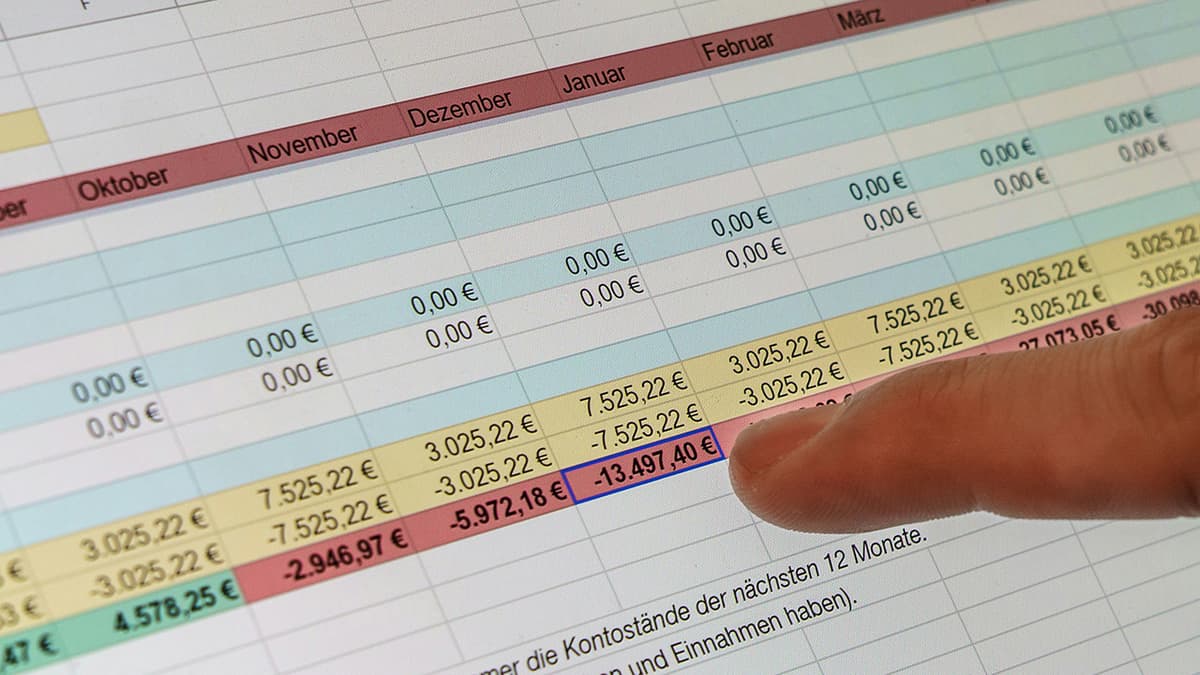Unearthing Insights: The Art of Data Exploration with Coplink
Data exploration is the systematic process of analyzing a dataset to discover meaningful patterns, trends, relationships, or anomalies. This process helps inform decisions, solve complex problems, and drive innovation.
Coplink: The Tool for Data Exploration
Coplink is a sophisticated data analysis and visualization tool designed primarily for law enforcement agencies. It helps professionals sift through large volumes of data, examine it from various perspectives, and extract valuable information efficiently.
One of Coplink's key features allows users to analyze data for specific neighborhoods or time periods. This capability is critical for law enforcement, where pinpointing relevant information related to a location or timeframe is often essential for investigations.
The Neighborhood Perspective
In situations where law enforcement agencies face an increase in criminal activity in a specific area, traditional methods involve manually searching through extensive documents and data sources. This can be time-consuming and prone to errors.
Coplink simplifies this process by providing a comprehensive view of all available data related to that neighborhood, including:
- Incident reports
- Arrest records
- Surveillance footage
- Social media activity
Investigators can effectively analyze this information to:
- Identify Hotspots: Find areas with high crime rates for targeted patrols and resource allocation.
- Track Trends: Detect patterns of criminal behavior, such as temporary spikes in particular types of crimes.
- Gather Evidence: Access vital information for ongoing investigations, including suspect profiles and witness statements.
- Engage Proactively: Develop crime prevention strategies based on historical data and emerging trends.
The Temporal Dimension
Examining data over specific time periods is another valuable feature of Coplink. Access to historical data provides essential context for ongoing situations. This can be applied in several ways:
- Investigating Cold Cases: Revisit unsolved cases by analyzing past data to unearth new leads.
- Analyzing Trends Over Time: Compare data from different periods to identify long-term trends and adapt strategies accordingly.
- Monitoring Events: During significant events or crises, the ability to analyze data from specific timeframes helps manage and respond to incidents effectively.
The Future of Data Exploration
As data continues to grow and technology evolves, tools like Coplink will be crucial for data exploration. Their ability to analyze data specific to neighborhoods or time periods empowers professionals across diverse fields, from law enforcement to business intelligence.
Data exploration involves transforming raw data into actionable insights, and Coplink enhances efficiency in this process. By enabling context-specific data examination, it equips users with the necessary tools to make informed decisions and solve complex challenges within extensive datasets.












